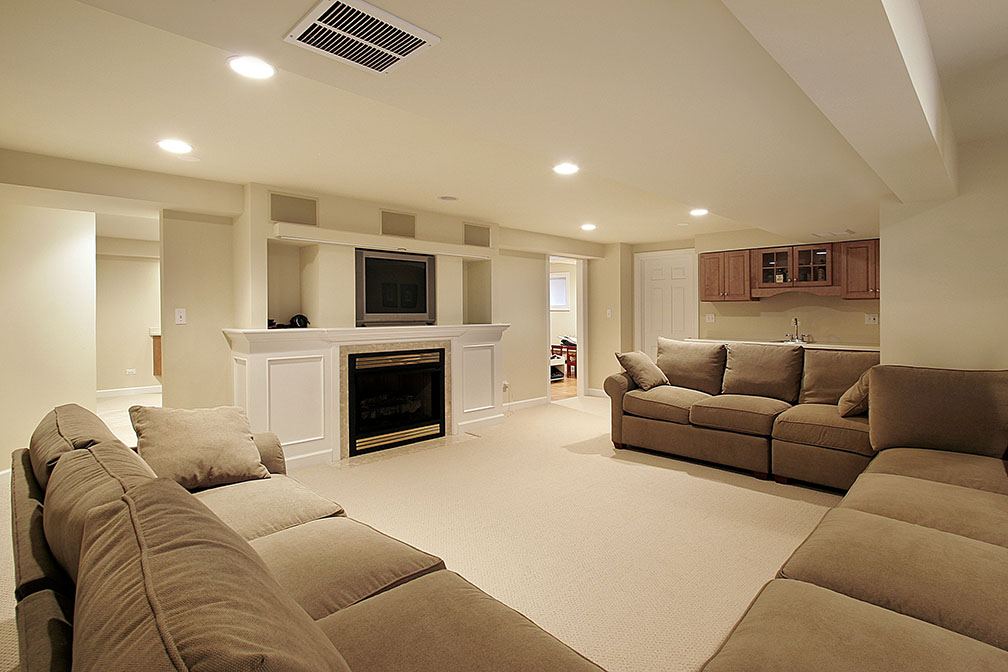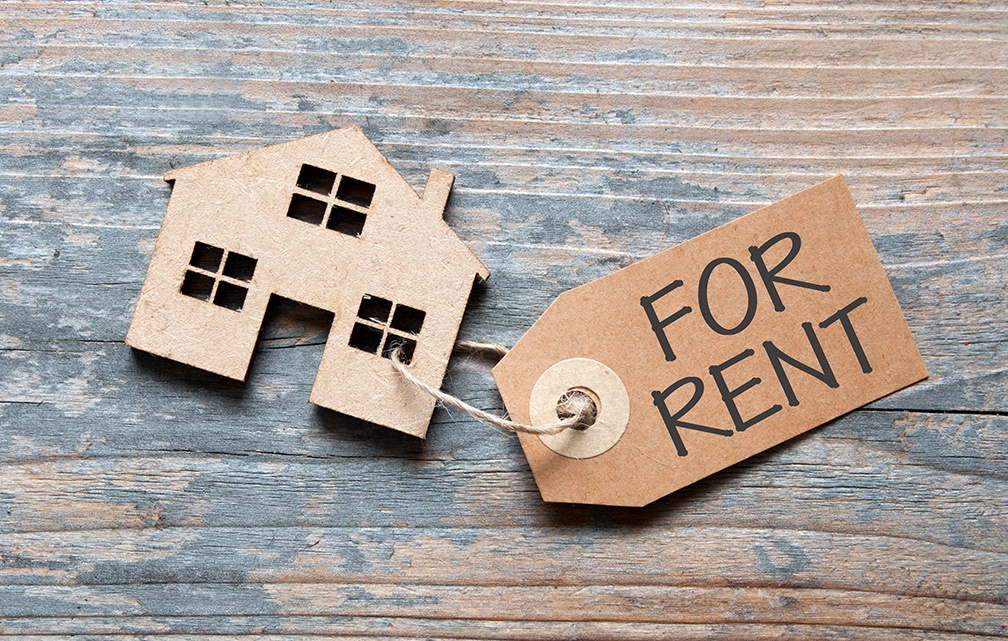The Mortgage Helper: How to Find the Perfect Tenant for Your Basement Suite
 Do you have an empty basement or separated suite in your home? If you have a suite sitting empty, you are missing out on collecting some extra monthly income in the form of rent. Let’s take a look at a quick four-step process that will help you find the perfect tenant to rent out your basement suite.
Do you have an empty basement or separated suite in your home? If you have a suite sitting empty, you are missing out on collecting some extra monthly income in the form of rent. Let’s take a look at a quick four-step process that will help you find the perfect tenant to rent out your basement suite.
Step 1: Play By The Rules
Is this your first time renting out a home or suite to a tenant? If so, you will want to do a bit of research first. Read up on Fair Housing Rules and other regulations as these will inform you of your responsibilities as a landlord. Keep in mind that you cannot discriminate in any way when it comes to race, religion, gender, family status or disability. Anyone who applies must be given a fair chance.
Step 2: Be Specific In Your Advertising
When you place a rental listing, be as specific as possible in what you are looking for in a tenant. If you are a single, quiet person, you may want someone similar as you will be compatible. Conversely, if you are a young couple, you may clash with a retired senior or someone older. Be as specific as possible but remember that you cannot be discriminatory.
Step 3: Meet Potential Tenants In Person
Be sure to take the time to meet with every short-listed applicant in person. If you are not comfortable with having so many strangers over to your home, consider meeting at a local coffee shop. An in-person meeting will allow you to visually assess the person and determine if your personalities are a fit for living in the same home.
Step 4: Don’t Skip The Checks
Finally, don’t take any shortcuts when performing background, credit and other checks. Ask your tenant for at least one or two references that you can call to verify their rental history. Investing in a credit check will help to assess their risk of missing monthly rent payments. And if necessary, a criminal records check can let you know if they have been in trouble with the law.
As long as you are well-prepared and diligent, finding a suitable tenant for your basement suite can be a painless process. To learn more about mortgage products are perfect for rentals, contact us today. Our mortgage team will be happy to help you!

 Are you starting to grow bored of watching your money go nowhere sitting in a bank account? With today’s interest rates doing little to encourage saving, many individuals are looking elsewhere for new investment opportunities. In today’s blog post we’ll share four essential tips for buying a profitable rental property. Let’s get started.
Are you starting to grow bored of watching your money go nowhere sitting in a bank account? With today’s interest rates doing little to encourage saving, many individuals are looking elsewhere for new investment opportunities. In today’s blog post we’ll share four essential tips for buying a profitable rental property. Let’s get started. Are you interested in expanding your investment portfolio with hard, long-term assets that are almost certain to grow in value? If so, you will want to consider investing in real estate. Let’s take a look at how you can get started with real estate investing in just three easy steps.
Are you interested in expanding your investment portfolio with hard, long-term assets that are almost certain to grow in value? If so, you will want to consider investing in real estate. Let’s take a look at how you can get started with real estate investing in just three easy steps.